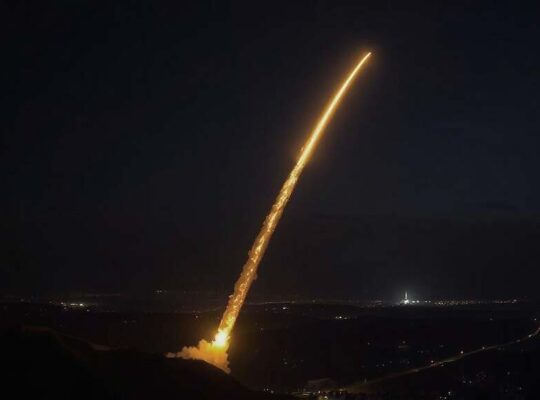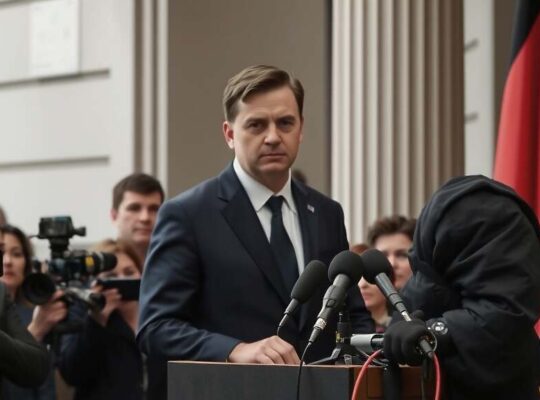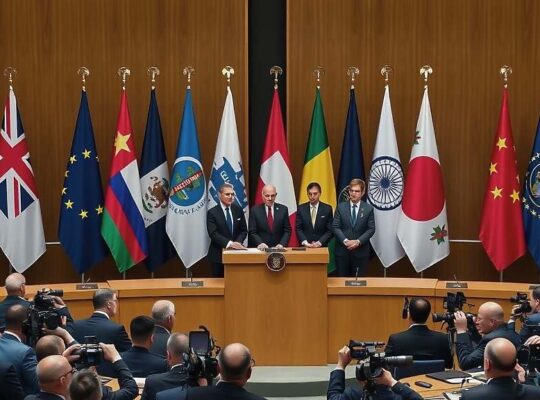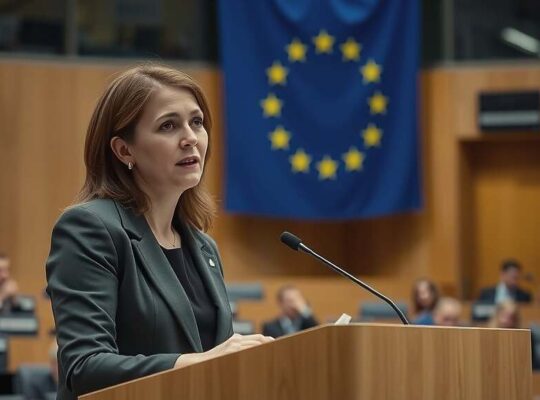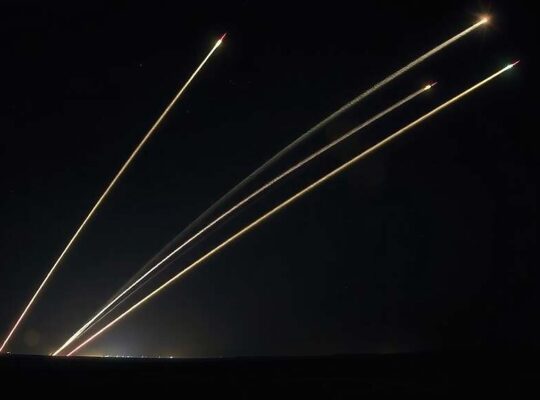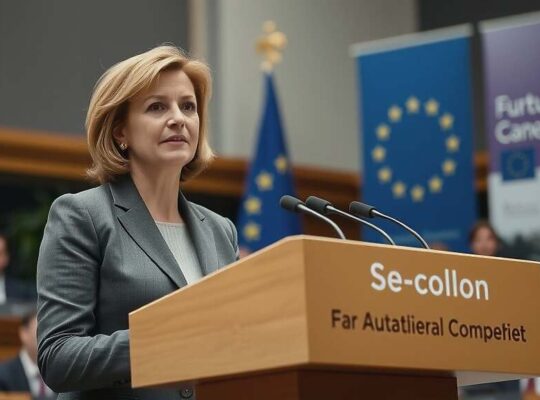German Chancellor Friedrich Merz has defended the decision to halt certain arms exports to Israel, explaining the move stemmed from a recent decision by the Israeli cabinet. Speaking on Sunday, Merz stated that the government responded to what he described as a surprising development in Israeli policy with a cessation of deliveries of arms intended for use in the current conflict.
However, Merz emphasized that core German principles remain unchanged and firmly committed to Israel’s security. He sought to clarify that this action does not represent a shift in overall German-Israeli relations, stating, “We stand without a doubt at the side of this country”. He clarified that the disagreement centers specifically on Israel’s approach in the Gaza Strip.
Responding to questions about domestic public sentiment toward Israel and potential pressure it may exert, Merz indicated that he prioritizes informed decision-making based on expert consultations over succumbing to public pressure. He reiterated that supplying arms to a conflict now pursued exclusively through military means is not feasible. He highlighted a commitment to diplomatic solutions and confirmed the decision, while not made in isolation, ultimately falls under his responsibility.
Norbert Röttgen, Deputy Leader of the CDU/CSU parliamentary group, publicly supported Merz’s stance. He explained the government’s swift response was necessitated by decisions made by the Israeli security cabinet regarding the expansion of the war in Gaza and military control there. He framed the decision as being consistent with the actions of other European governments, characterizing it as a necessary and appropriate move both legally and politically.
Addressing concerns about future arms deliveries and their potential use in Gaza, Röttgen indicated that control mechanisms will rely on the existing trust-based relationship between Germany and Israel. He dismissed any suggestion of contradiction between Germany’s continued support for Israel and the halting of specific arms shipments, suggesting that working towards an end to the humanitarian crisis in Gaza and maintaining a strong, steadfast friendship with Israel are not mutually exclusive objectives.



